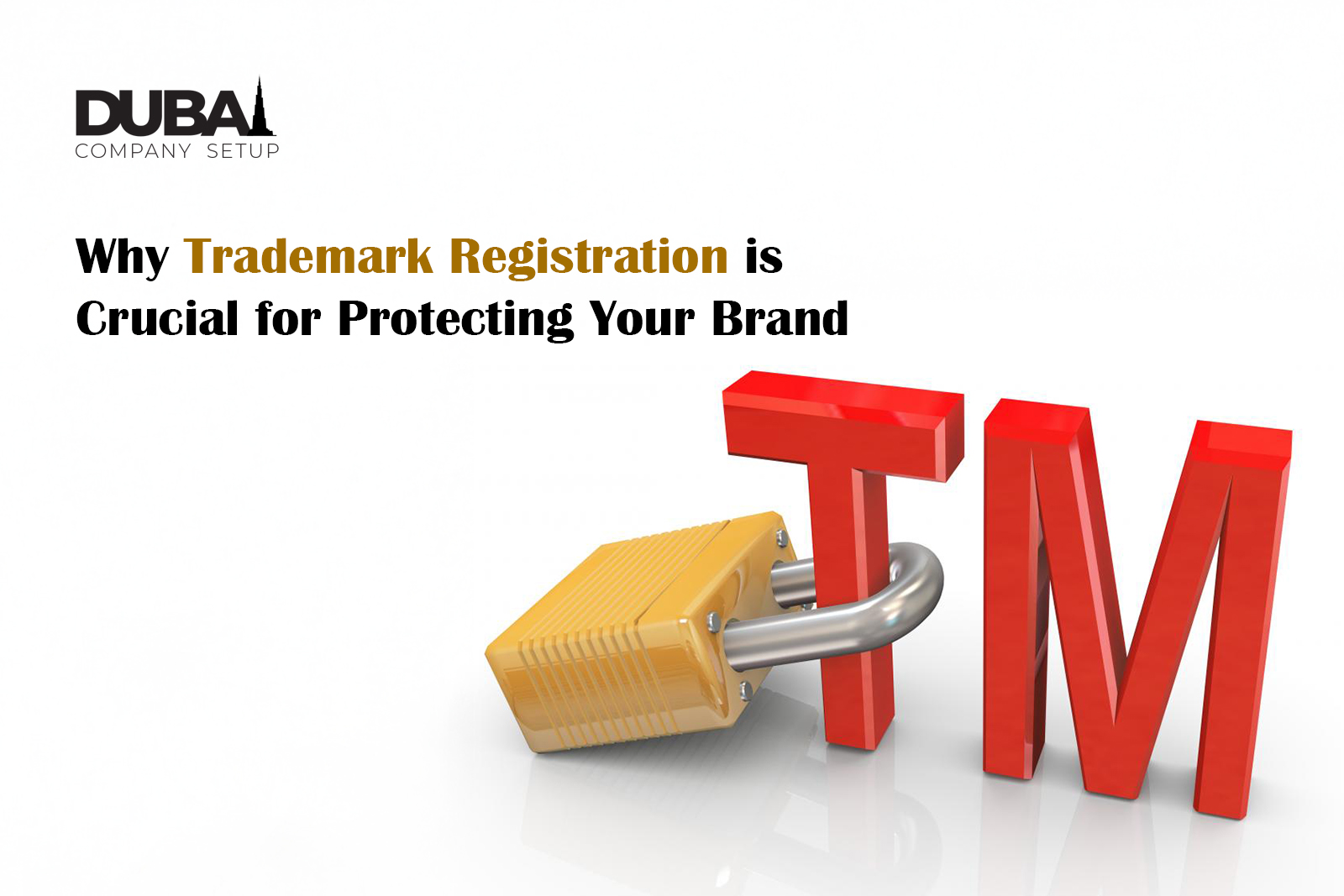Company formation in Dubai is an exciting opportunity for businesses seeking to thrive in one of the world’s most dynamic and innovative global hubs. With its business-friendly environment, strategic location, advanced infrastructure, and favorable tax policies, Dubai is an ideal destination for entrepreneurs and investors. Whether starting a new venture or expanding an existing business, understanding the legal requirements for setting up a company in Dubai is essential to ensure seamless operations and full compliance with local regulations.

Key Legal Requirements for Company Formation in Dubai
- 1. Choosing the Right Business Structure
Before registering your company, it’s essential to decide on the legal structure that best suits your business needs. Dubai offers several options, including:
- Limited Liability Company (LLC): This is the most common business structure for foreign investors in Dubai. An LLC requires at least one local sponsor (a UAE national) who holds 51% of the company shares, while the foreign investor can own up to 49%. LLCs are typically used for businesses in the trading, services, and manufacturing sectors.
- Free Zone Company: Free zones in Dubai offer 100% foreign ownership and full repatriation of profits. There are over 30 free zones in Dubai, each catering to specific industries like technology, media, healthcare, and logistics.
- Branch Office: If you already have an established company abroad, you can open a branch office in Dubai. The branch operates under the parent company’s name and is subject to certain restrictions.
- Representative Office: A representative office allows you to promote and market your products or services but restricts you from carrying out direct sales or trading activities.
Choosing the right business structure will depend on factors such as the type of business, the location, and the level of foreign ownership you require.
- 2. Registering Your Trade Name
Once you’ve decided on the business structure, the next step is registering your trade name. The name must adhere to specific guidelines set by the Department of Economic Development (DED). It should:
- Reflect on the nature of your business
- Not be similar to existing company names
- Avoid offensive language
- Comply with local customs and traditions
You can register your trade name with the DED or in one of Dubai’s free zones, depending on the location and structure of your company.
- 3. Securing Approvals and Licenses
To operate legally in Dubai, you’ll need to obtain the necessary licenses and approvals. The type of license depends on the nature of your business:
- Commercial License: Required for businesses involved in trading activities.
- Professional License: Required for service-oriented businesses, such as consultancy or law firms.
- Industrial License: Required for manufacturing or production-based businesses.
The DED is responsible for issuing licenses for businesses based on the mainland, while free zones have their own authorities that provide licenses for businesses operating within their zones.
- 4. Drafting the Memorandum of Association (MOA)
You must prepare a Memorandum of Association (MOA) that outlines the roles, responsibilities, and shareholding structure of your business. This document is a legal requirement and should be signed by all partners or shareholders. If you’re setting up an LLC, the local sponsor will also sign the MOA. The MOA needs to be notarized and submitted to the DED or the relevant free zone authority.
- Office Space Requirements
A physical office is mandatory for most companies in Dubai. The office space must be registered with the relevant authorities to obtain a trade license. If you’re setting up a free zone company, the office space requirement may vary depending on the free zone.
- Visas and Work Permits
As part of company formation, you will need to secure visas for your employees and partners. Dubai offers a variety of visa options, including:
- Employment Visa: Allows foreign nationals to work in Dubai.
- Investor Visa: For entrepreneurs and investors who own a business in Dubai.
- Dependent Visa: Allows your family members to reside in Dubai.
Visa applications are typically processed by the DED or the free zone authority, and each visa type comes with specific requirements and quotas.
- 1. Opening a Business Bank Account
To operate legally in Dubai, you’ll need to open a business bank account. Several local and international banks offer business accounts, but you’ll need to submit documents like the trade license, MOA, passport copies, and visa documents.
- 2. Taxation and Compliance
Dubai offers a favorable tax environment for businesses, with no personal income tax, no capital gains tax, and low corporate taxes. However, certain industries such as oil, gas, and banking are subject to specific tax regulations.
Businesses in Dubai must also adhere to VAT (Value Added Tax), which is set at 5% on most goods and services. It’s essential to maintain accurate financial records and ensure compliance with local tax laws.
FAQs
Do I need a local sponsor to form a company in Dubai?
If you’re setting up a mainland company, you’ll need a local sponsor who is a UAE national. However, if you’re forming a company in a free zone, you can own 100% of the business without a local sponsor.
How long does it take to set up a company in Dubai?
The company formation process can take anywhere from a few days to a few weeks, depending on the type of business, the complexity of the requirements, and the efficiency of the registration authorities.
What are the costs involved in company formation in Dubai?
The costs vary depending on the type of business, the location, and the size of your company. On average, you can expect costs ranging from AED 10,000 to AED 30,000 or more for setup, registration, and licensing.
Can foreign nationals own a business in Dubai?
Yes, foreign nationals can own a business in Dubai if they set up in a free zone or opt for specific business structures like branch offices.
Conclusion
Establishing a business in Dubai offers tremendous growth opportunities in one of the world’s most thriving and business-friendly cities. However, it’s essential to understand the legal requirements involved in company formation in Dubai. From selecting the right business structure to securing the necessary licenses and visas, each step requires careful attention to detail.
By following the outlined steps and ensuring full compliance with local laws, you can successfully launch and grow your business in Dubai. Remember to seek expert advice when needed to navigate the process smoothly and avoid common pitfalls.





